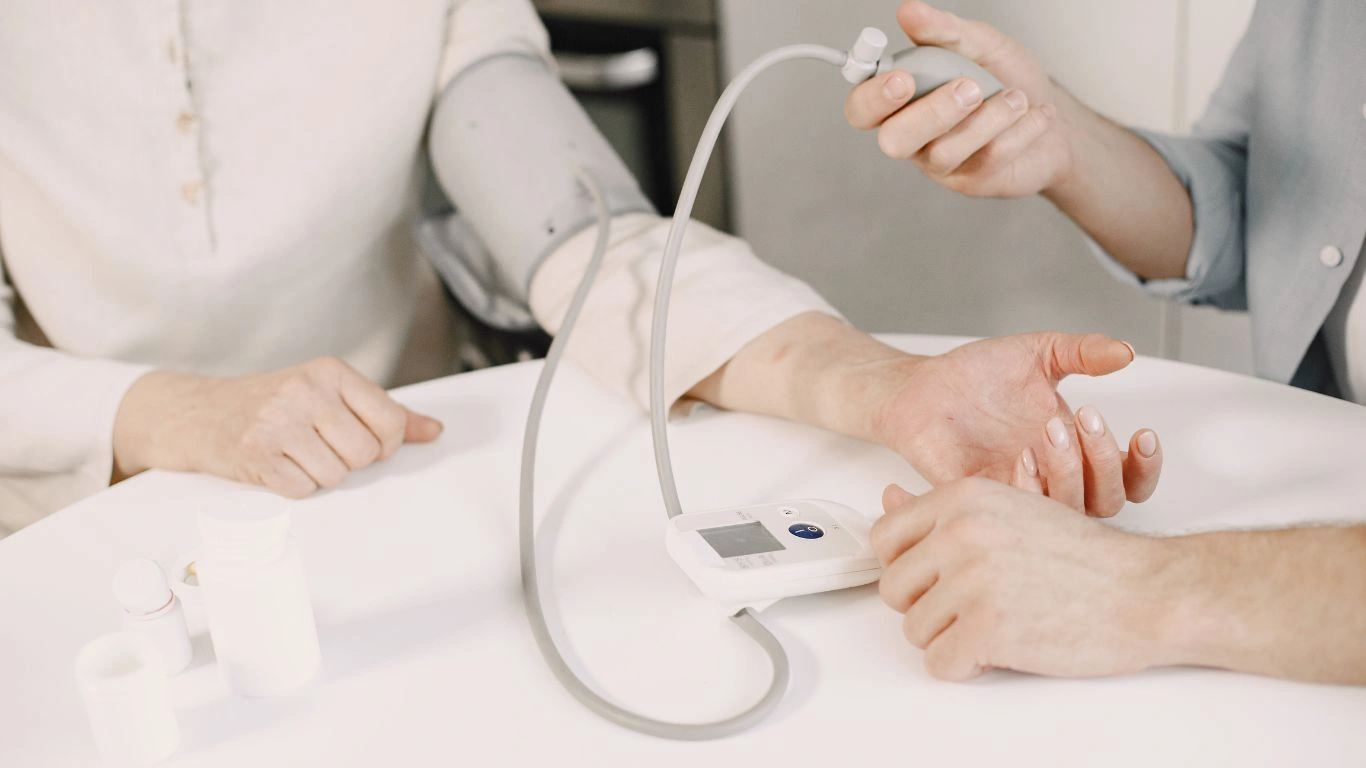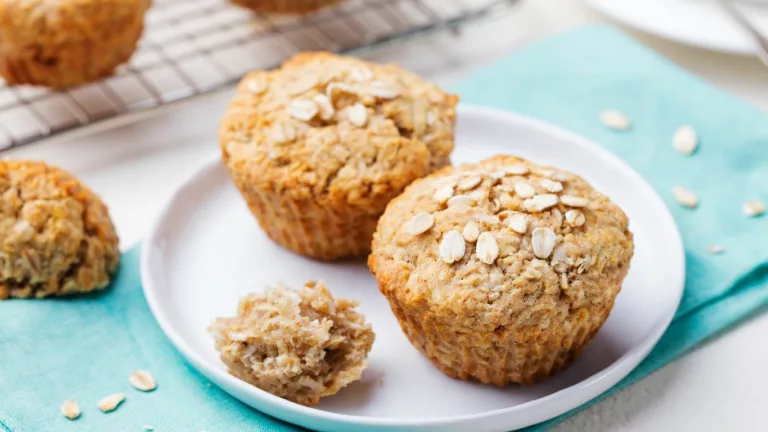How to Maintain Healthy Blood Pressure Long-Term: A Simple Guide
Worried about keeping your blood pressure in check for the long haul? Don’t sweat it—here’s a practical guide to help you stay on track without making it feel like a chore!
Why Does Blood Pressure Matter?
Blood pressure might sound like one of those boring medical terms, but trust me, it’s super important. It’s basically the force of your blood pushing against your arteries. If that pressure stays too high for too long, it can lead to issues like heart disease, stroke, or kidney damage. Not fun.

How to Maintain Healthy Blood Pressure
Let’s dive into some actionable ways to keep your blood pressure in the healthy range. These tips are all about making small, manageable changes.
1. Eat a Balanced Diet
Food is a game-changer when it comes to blood pressure. Focus on whole, unprocessed foods like:
- Fruits and veggies: Bananas, oranges, spinach, and broccoli are potassium-rich rockstars that can help balance sodium.
- Whole grains: Oats, brown rice, and whole-grain bread can lower blood pressure over time.
- Lean proteins: Go for chicken, fish, or plant-based options like beans and lentils.
And yes, you’ll want to cut back on the salty stuff. Too much sodium can send your blood pressure skyrocketing, so keep an eye on processed foods and snacks.
2. Stay Active
Exercise doesn’t have to mean hitting the gym every day (unless that’s your vibe). Even brisk walking, dancing in your living room, or taking up yoga can make a difference. Aim for at least 30 minutes of moderate activity most days of the week. Bonus: It’s great for stress, too!

3. Watch Your Weight
Carrying extra weight, especially around your middle, can put extra pressure on your blood vessels. Losing even a few pounds can help lower your blood pressure. No crash diets, though—slow and steady wins the race here.
4. Manage Stress
Stress can mess with your blood pressure big time. Find what helps you chill out, whether it’s meditation, spending time with friends, or even journaling. Pro tip: Don’t underestimate the power of deep breathing—it works wonders in a pinch.
5. Limit Alcohol and Quit Smoking
Alcohol in moderation is okay (think one drink a day for women, two for men), but too much can raise your blood pressure. And smoking? That’s a big no-go. It damages your blood vessels and makes it harder to keep your pressure in check.
6. Get Regular Checkups
Even if you feel fine, it’s smart to check your blood pressure regularly. Many pharmacies have machines you can use, or you can invest in a home monitor. And of course, keep up with your doctor’s appointments.

Small Steps Add Up
Don’t feel like you have to overhaul your life overnight. Pick one or two things to focus on first, like adding more veggies to your meals or walking a few extra blocks each day. Once those become habits, build from there.
What If You Need Extra Help?
Sometimes lifestyle changes aren’t enough, and that’s okay! There are medications that can help manage your blood pressure if needed. Talk to your doctor about your options—they’re there to help, not judge.

Conclusion
Maintaining healthy blood pressure long-term isn’t about perfection—it’s about progress. With the right mix of healthy eating, regular exercise, stress management, and checkups, you can keep your heart happy for years to come. Just take it one step at a time.
Appendices
FAQs
- Can stress really affect my blood pressure? Absolutely. Stress causes your body to release hormones that temporarily increase blood pressure. Over time, chronic stress can lead to long-term problems.
- Are home blood pressure monitors accurate? Yes, but make sure you’re using one that’s validated and follow the instructions carefully. Your doctor can recommend a good model.
- How much salt is too much? The American Heart Association recommends keeping sodium intake below 2,300 mg per day, but aiming for 1,500 mg is even better.
- Does coffee raise blood pressure? Caffeine can cause a short-term spike, but it’s not usually a problem for long-term blood pressure unless you’re very sensitive to it.
- Can losing weight really lower blood pressure? Yes! Even losing 5–10% of your body weight can have a big impact on your blood pressure.
References
- American Heart Association. (2023). Managing High Blood Pressure. Read Article
- National Institutes of Health (NIH). (2024). High Blood Pressure Education Program. Read Article
- Smith, L., & Anderson, K. (2021). Diet and Blood Pressure: What You Need to Know. Journal of Nutrition and Wellness, 12(3), 45-56. Read Article
Disclaimer
Disclaimer: This information is for general purposes only and doesn’t replace medical advice. Always consult a healthcare professional about your specific needs or conditions. Individual results may vary, so get personalized advice for the best outcomes.

Dr. Gwenna Aazee is a board-certified Internal Medicine Physician with a special focus on hypertension management, chronic disease prevention, and patient education. With years of experience in both clinical practice and medical writing, she’s passionate about turning evidence-based medicine into accessible, actionable advice. Through her work at Healthusias.com, Dr. Aazee empowers readers to take charge of their health with confidence and clarity. Off the clock, she enjoys deep dives into nutrition research, long walks with her rescue pup, and simplifying medical jargon one article at a time.






